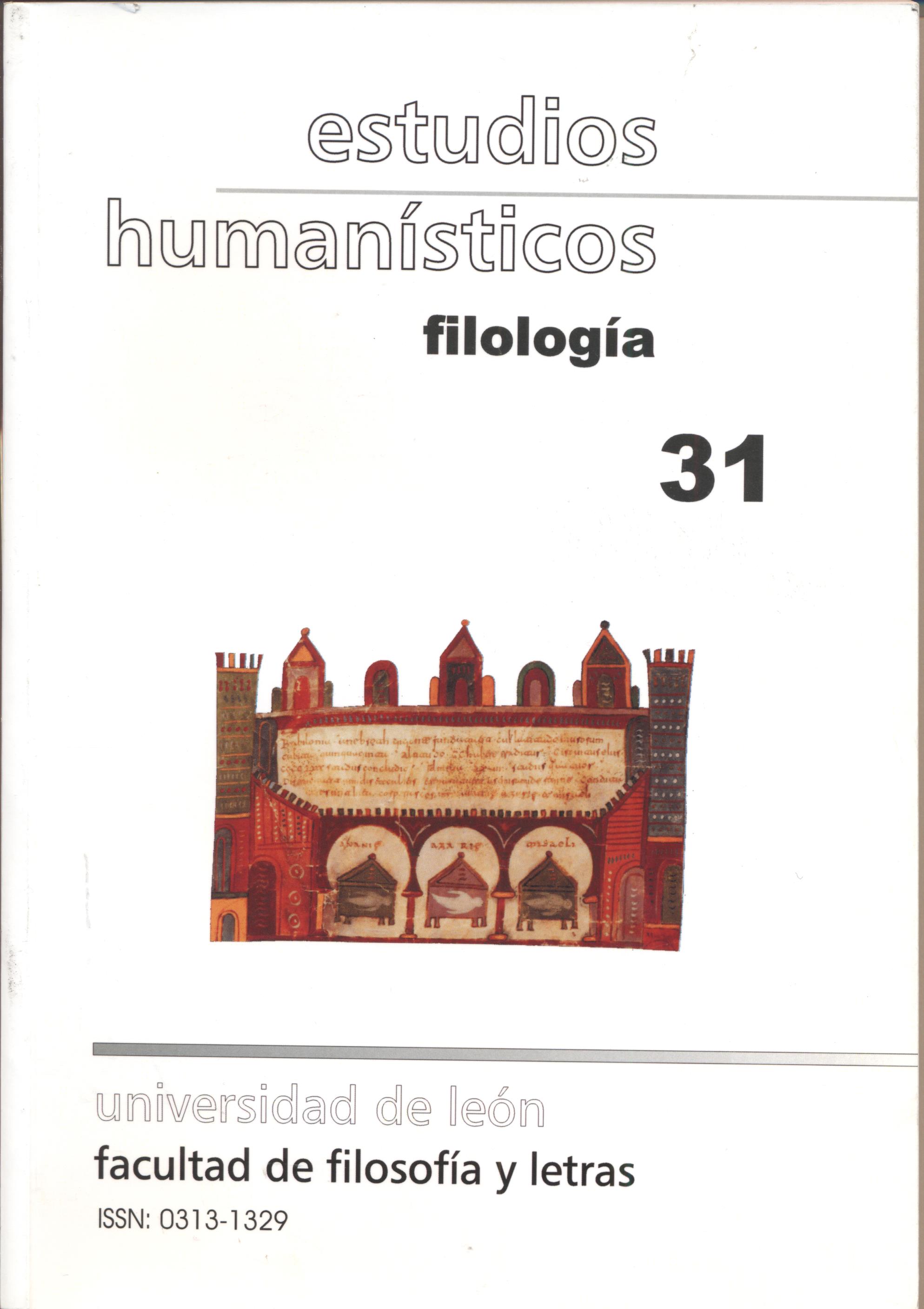Leaving Darwing behind? Transcending body, mind and soul through the occult in Edward Bulwer-Lytton´s a strange story
DOI:
https://doi.org/10.18002/ehf.v0i31.2859Palabras clave:
Literatura inglesa, Lytton, Edward Bulwer Lytton, Baron A strange story,Resumen
En la novela A Strange Story, concebida como un romance en defensa de lo sobrenatural, Bulwer- Lytton aspira a conducir a su héroe Allen Fenwick hacia la creencia en la existencia del alma. Bulwer- Lytton intenta redimir a Fenwick a través de la reducación espiritual, cuestionando así la teoría de la evolución de Darwin, publicada dos años antes que A Strange Story. Pese a todo, Bulwer-Lytton emplea la ciencia para analizar el alma. En el periodo victoriano, el siempre presente tema de la evolución del cuerpo humano como resultado de la selección natural de Darwin, la prevalencia de la mente como legado del periodo de la Ilustración y la posición problemática del alma como resultado del cuestionamiento de los preceptos cristianos son cuestiones tratadas y evaluadas en la novela de ideas de Bulwer-Lytton. El propósito de este artículo es analizar la forma en que los ideales victorianos respecto a la mente, el cuerpo y el alma son reflejados, a la par que transcendidos, a través de la utilización metafórica de lo oculto y el proceso de envejecimiento de sus personajes arquetípicosDescargas
Métricas alternativas
Citas
Annan, N., Ayer, A.J. et alii (Eds.) (1966): Ideas and Beliefs of the Victorians: An Historic Revaluation of the Victorian Age, New York, E. P. Dutton.
Beer, Gillian (1998): “Introduction” en Ch. Darwin (1859): vii-xxviii.
Bulwer-Lytton, Edward George (2004): A Strange Story, 1861-2, Doylestone, Wildside Press.
Campbell, J. L. (1986), Edward Bulwer-Lytton, Boston, Twayne.
Campbell, J. L. (1986): “Occult and Scientific Romaces,” en Edward Bulwer-Lytton (1986): 109-127.
Campbell, J. A. “Nature, Religion and Emotional Response: A Reconsideration of Darwin’s Affective Decline.” Victorian Studies (December 1974): 159-174.
Christensen, A. C. (1976): Edward Bulwer-Lytton: The Fiction of New Regions, Athens, The University of Georgia Press.
Christensen, A.C. (2004): The Subverting Vision of Bulwer-Lytton: Bicentenary Reflections, Newark, University of Delaware Press.
Christensen, A.C. “Back to the Regions of Pure Forms: A Strange Story, The Coming Race, The Parisians, Kenelm Chillingly” in A.C. Christensen (ed.) Edward Bulwer-Lytton: The Fiction of New Regions (1976): 170-209.
Christensen, A.C. “Writing and Unwriting in The Caxtons, My Novel, and A Strange Story”, in A.C. Christensen (ed.), The Subverting Vision of Bulwer-Lytton: Bicentenary Reflections (2004): 200-211.
Darwin, Ch. The Origins of Species, Oxford, Oxford University Press.
Fleming, D. (1961): “Charles Darwin: The Anaesthetic Man”, Victorian Studies: 219-236.
Fradin, J. I. (1961): “ ‘The Absorbing Tyranny of Every-Day Life’: Bulwer-Lytton’s A Strange Story”, Nineteenth-Century Fiction, 16.1: 1-16.
Stevenson, L. (1960): “Darwin and the Novel”, Nineteenth-Century Fiction, 15.1: 29-38.
Tucker, H. F. (Ed.) (2005): A Companion to Victorian Literature and Culture, Oxford, Blackwell.
Descargas
Publicado
Cómo citar
Número
Sección
Licencia
Derechos de autor 2009 Marta Miquel Baldellou

Esta obra está bajo una licencia internacional Creative Commons Atribución-NoComercial-CompartirIgual 4.0.
Los autores o autoras que publican en esta revista están de acuerdo con los siguientes términos:
- Los autores o autoras conservan los derechos de autoría de su trabajo y ceden de forma no exclusiva los derechos de explotación (reproducción, distribución, comunicación pública, transformación) a la Universidad de León, por lo que pueden establecer, por separado, acuerdos adicionales para la distribución no exclusiva de la versión de la obra publicada en la revista (por ejemplo, alojarlo en un repositorio institucional o publicarlo en un libro), con un reconocimiento de su publicación inicial en esta revista.
- Este trabajo se encuentra bajo la Creative Commons Attribution-NonCommercial-ShareAlike 4.0 International License. Puede consultarse desde aquí la versión informativa y el texto legal de la licencia.
- Se permite y se anima a los autores y autoras a difundir electrónicamente las versiones pre-print (versión antes de ser evaluada) y/o post-print (versión evaluada y aceptada para su publicación) de sus obras antes de su publicación, ya que favorece su circulación y difusión más temprana y con ello un posible aumento en su citación y alcance entre la comunidad académica.











